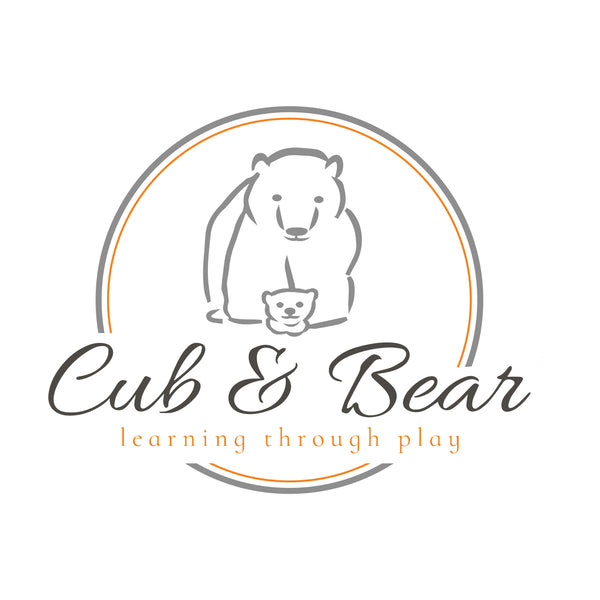Social development plays a vital role in shaping children's lives, influencing their ability to form meaningful relationships, communicate effectively, and navigate the complexities of social interactions. In this blog post, we delve into the realm of social development, exploring its significance and offering guidance on how parents can nurture healthy relationships and social skills in their children.
Exploration of Social Development:
-
Infancy:
- During infancy, social development begins with bonding and attachment to caregivers, laying the foundation for future relationships.
- Infants engage in social interactions through facial expressions, gestures, and vocalizations, developing early communication skills.
-
Early Childhood:
- In early childhood, social abilities flourish as children learn to play cooperatively, share, and take turns with peers.
- Key milestones include the development of empathy, understanding emotions, and forming friendships based on shared interests.
-
Middle Childhood:
- Middle childhood is a time of expanding social circles and deeper friendships, as children navigate group dynamics and social hierarchies.
- Children develop more sophisticated communication skills, including active listening, perspective-taking, and conflict resolution strategies.
-
Adolescence:
- During adolescence, social development encompasses identity formation, peer influence, and the exploration of romantic relationships.
- Adolescents grapple with issues of belonging, autonomy, and peer pressure, as they seek to establish their place within social networks.
Tips for Supporting Social Development:
- Foster Positive Relationships: Cultivate strong bonds within the family and provide opportunities for children to develop friendships with peers.
- Encourage Effective Communication: Teach children active listening skills, assertiveness, and respectful communication to navigate social interactions.
- Promote Empathy and Kindness: Model empathy and compassion in daily interactions, and encourage acts of kindness and consideration towards others.
- Provide Social Opportunities: Arrange playdates, group activities, and community events that allow children to practice social skills and build confidence in social settings.
Age-Appropriate Activities for Social Development:
- Infants: Engage in interactive games such as peek-a-boo and nursery rhymes to foster early social interactions and bonding with caregivers.
- Toddlers: Encourage parallel play and simple cooperative activities such as building blocks or taking turns with toys to promote social skills.
- Preschoolers: Facilitate group playdates, role-playing scenarios, and collaborative art projects that encourage sharing, cooperation, and conflict resolution.
- School-Aged Children: Organize team sports, group projects, and community service activities that foster teamwork, leadership skills, and empathy towards others.

